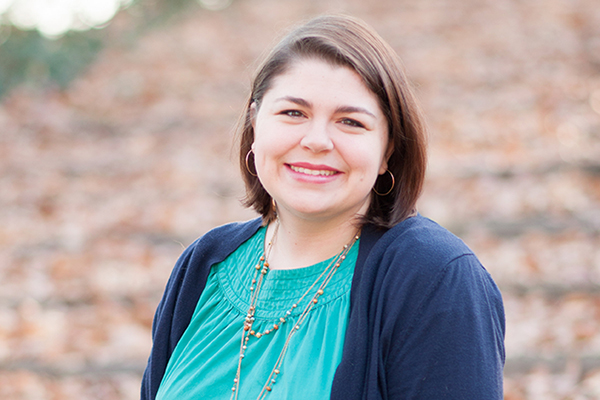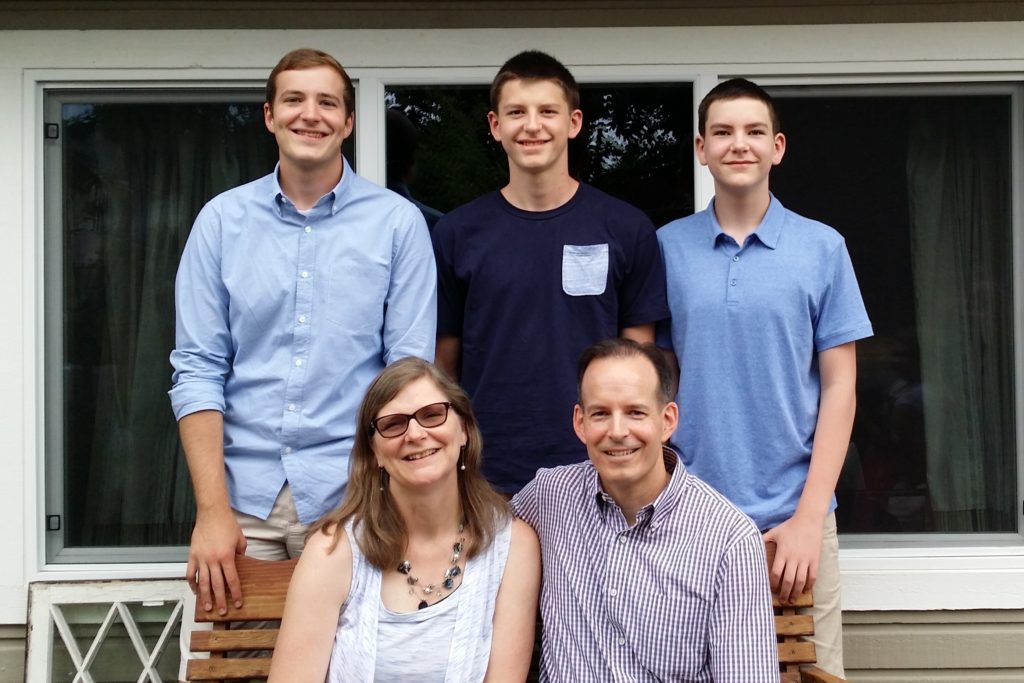
Ministry Updates
How God Used Urbana to Call TEAM Workers
January 4, 2016
by Mark Watson

What does it look like to be “called” to missions? Last week 15,000 college-aged students gathered at the Urbana Student Missions Conference to wrestle with the same question. Many TEAM missionaries and staff are currently serving because of their experience at Urbana.
Read the testimonies of Rachel and Doug, who both received their missions callings at Urbana, but whose obedience to that call has taken them down different paths.
When You’re Called to Go
Doug Witzig’s Story:
I made a commitment at summer camp between my sophomore and junior years in high school to be open to becoming a missionary. When Urbana ‘84 came around my senior year of high school, our church’s missions pastor encouraged me to go along with some of the college students. Several things stand out to me about that Urbana. First of all, I was in awe to be surrounded by the missions enthusiasm of 18,000+ young people like me, packed into the assembly hall on the campus of the University of Illinois. I knew then that I was not alone in following the Lord into cross-cultural service.
Secondly, that year, the focus was on reaching the cities of the world, with special mention of the cities of East Asia, which had recently opened up to business investors and English teachers. After I returned home from Urbana, I read the book “Hudson Taylor’s Spiritual Secret” and starting praying for Chinese people. Eventually, the Lord led my wife and me to begin our ministry with TEAM in Hong Kong in 1993 (nine years later!).
After 20 years of serving in Asia and the USA, my family returned to Hong Kong in 2014. From this gateway city, I help to lead TEAM’s workers and projects across the Asia Pacific Region in mega cities like Tokyo and Bangkok and in remote locations where unreached minority groups live.
I’ll never forget singing the closing song together at Urbana as we ended with a communion service at midnight of New Year’s Eve: “Hallelujah! What a Savior.” When I think of all that Christ sacrificed for me, it remains a powerful motivation to lay down my life for Him.
When You’re Called to Stay
Rachel McDonald’s Story:

Rachel McDonald uses her skills as a graphic designer to support the work of missionaries because of her Urbana experience.
During my time in college, I was actively involved in InterVarsity Christian Fellowship and had heard about Urbana. I knew many people who went in 2006, but at that point, I was focused on a career in historic preservation or studio art. Missions was not on my mind at all.
After graduation and my summer internship at a historic house museum, the Lord led me to study at a Bible college in England, where I fell in love with the culture, people and places of the United Kingdom. I came back to the United States for the summer and worked, while planning on returning to England for another semester. God had other plans, though, and my visa fell through. I was devastated, and questioning what God’s plan was through all of it.
Over the next few months, I was searching and applying for any job that sounded interesting and would use my skills. Eventually, the search widened to anything that was “not boring.” Still, after hundreds of resumes and no call-backs, I felt that maybe the Lord had other plans for me.
Late in the fall of 2009, I started to receive notifications about Urbana 2009. At this point, I thought since God wasn’t opening doors to a traditional career, maybe he wanted me to use my gifts directly for his Kingdom work.
I went to Urbana without the comfort my college friends; I knew no one. I was truly overwhelmed by all the people and feeling alone, like a fish out of water.
The sessions were amazing and gave me so much food for thought. Should I continue to pursue a secular career and be a witness there? Did God want to send me to another country to live in community with other artists and just create pieces that pointed to Him?
Eventually, I felt that the right path would be a supporting role, like graphic design, which would use my artistic strengths and my passion to help and support others in their endeavors.
The first few days of the conference, I would venture into the exhibit hall and only speak to a few organizations before becoming overwhelmed. Talking to all the different organizations and hearing about their opportunities, confirmed in me that graphic design was the right fit. Eventually, I spoke to a an organization representative who was a graphic designer, and in their materials, I saw that they needed one in England! So I went through the recruitment process, raised support and served in England. I signed up for one year initially and stayed for two years after my initial commitment.
After I left that organization, I was sure that missions would always play a role in my life, whether I designed at a secular firm and became a financial supporter or joined another missions organization to serve again. After coming back to the U.S. and searching for another two years for full-time design work, I found TEAM, where I have recently come on board as a graphic designer in the marketing department.
I wouldn’t be here at TEAM without God leading me to Urbana!
Related articles



